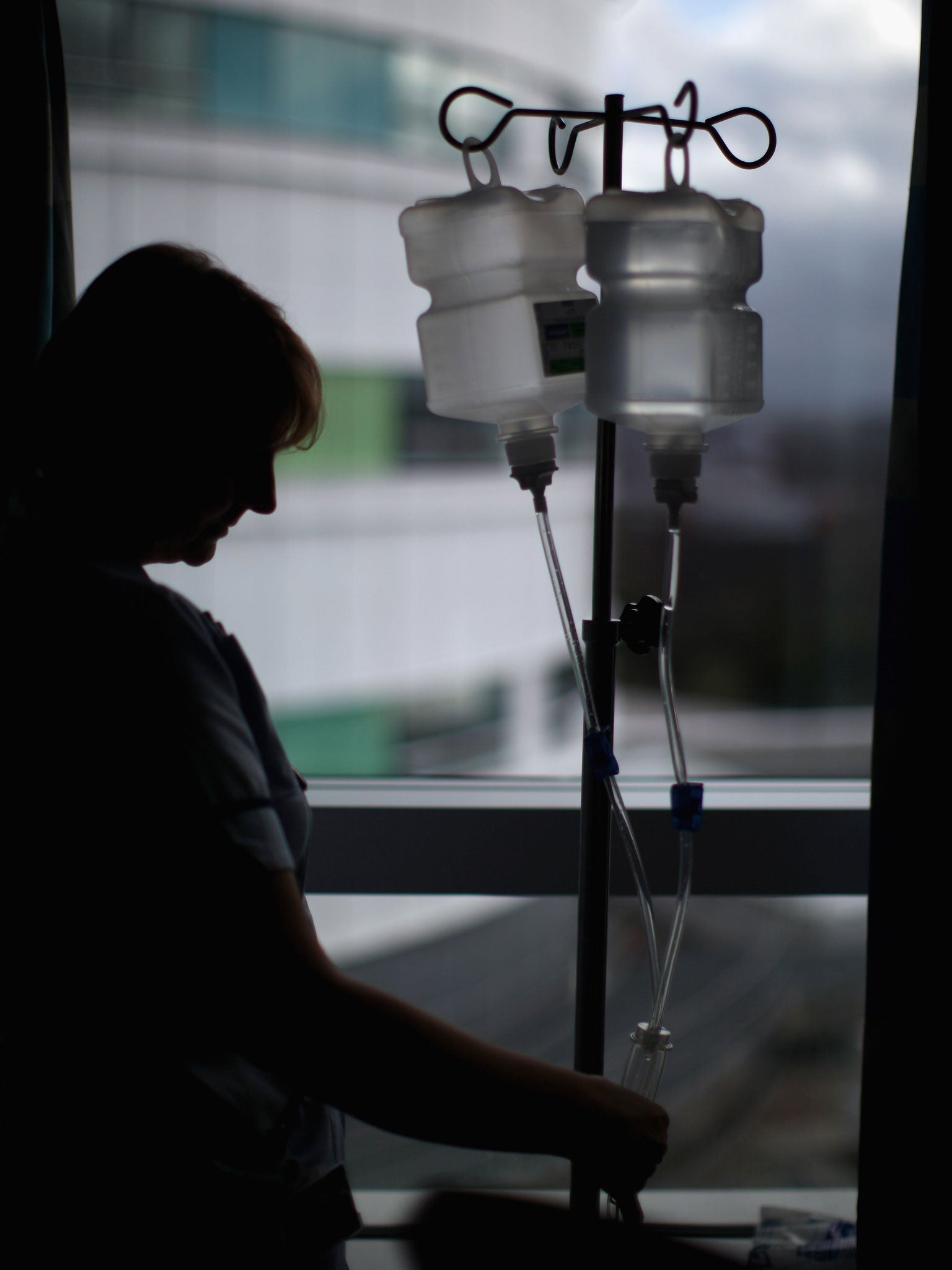Controversial plans for Saudi Arabia to buy specialist NHS training for doctors 'compromises Britain's commitment to human rights'
Saudi Ministry of Health will send 20 doctors for specialist training in the NHS from August this year

Plans for Saudi Arabia to buy specialist NHS training places for its doctors compromises Britain's commitment to human rights, doctors have said.
In a controversial deal with the UK, the Saudi Ministry of Health will send 20 Saudi doctors for specialist training in the NHS from August this year – paid for the by the Saudi government, which has been accused of widespread human rights abuses.
In a pilot of a scheme which could see several other foreign governments paying the health service to train their doctors, Saudi doctors will train in specialities such as emergency medicine and opthalmoolgy, which are in high demand in the Gulf state.
But doctors meeting at the British Medical Association's annual conference expressed serious concerns about the scheme yesterday, amid fears it could be seen as an NHS endorsement of Saudi Arabia's appalling human rights record.
Dr Farah Jameel, a GP registrar and chair of the BMA South Thames junior doctor committee, urged delegates not to let “foreign monies meddle with British values, human rights and patient safety”.
Other countries that have expressed an interest in the scheme include China, Libya, Oman and the United Arab Emirates, Dr Jameel said, with hundreds of trainee doctors potentially taking part.
Access to training places is currently not available to countries not in the European Economic Area (EEA). Upon completion of training, foreign doctors will have to return to their home countries.
The BMA said it was also concerned UK doctors would lose out on specialist training.
“It is inevitable that trainess that are paying for their training will be seen as special,” Dr Jameel warned. “Any special treatment will inevitably come at a cost to UK trainees, who will lose out on their training jobs, on their lists in theatre or their consultant time...Let us send a loud and clear message: our training is not for sale.”
Delegates voted for “the needs of patients and UK-based doctors in training to be prioritised above political and monetary aspirations.”
The Saudi government has been accused of arrested peaceful dissidents, has responded to political demonstrations with force and fails to protect the rights of either women or its expanding population of foreign workers, Human Rights Watch said.
Dr Jameel reminded delegates of reports in April that a Saudi judge had sentenced a man to paralysis from the waist down, for stabbing a man and causing his paralysis. The Saudi government later said the judge had decided to dismiss demands for such a sentence.
Saudi Arabia is embarking on a major expansion of its health service and has high demands on its medical workforce.
Any financial rewards gained by the arrangement will be received by the NHS organisations involved in postgraduate medical education and training in the UK, where they can be reinvested into patient care, according to the DoH, and all foreign applicants for training would have to meet the same entry requirements as UK and EEA trainees.
Subscribe to Independent Premium to bookmark this article
Want to bookmark your favourite articles and stories to read or reference later? Start your Independent Premium subscription today.

Join our commenting forum
Join thought-provoking conversations, follow other Independent readers and see their replies